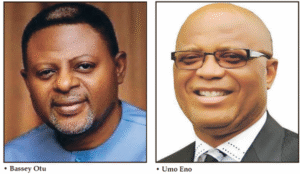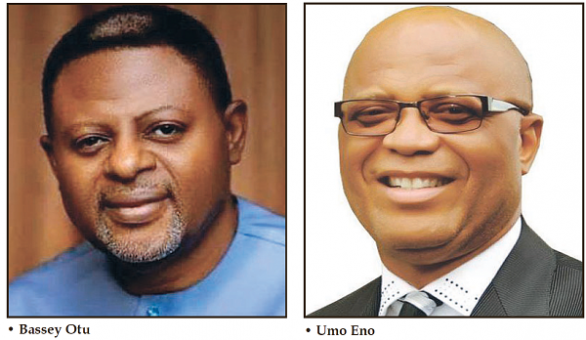The Southsouth region is undergoing a seismic political shift as the All Progressives Congress (APC), under President Bola Ahmed Tinubu, dismantles the long-standing dominance of the People’s Democratic Party (PDP). With strategic defections and growing federal influence, the APC is reshaping the Southsouth’s political identity.

APC’s expanding influence in the Southsouth region reshapes political dynamics as key governors and stakeholders defect from PDP.
Once considered a PDP fortress, the Southsouth is now experiencing an unprecedented political realignment. The transformation began with resistance to APC’s early efforts to penetrate the zone. The region was fiercely loyal to former President Goodluck Jonathan of Bayelsa State, rallying around him and the PDP during the 2015 elections.
Historically, the Southsouth states — Bayelsa, Rivers, Delta, Edo, Akwa Ibom, and Cross River — voted solidly for the PDP. But in 2008, Edo broke rank when Adams Oshiomhole emerged governor under the Action Congress, challenging PDP’s unity. Though Edo returned to the PDP fold with Godwin Obaseki’s 2020 defection, cracks had begun to show.
Bayelsa saw a dramatic shift in 2019 when the APC’s David Lyon won the governorship, only to lose it through a Supreme Court ruling that reinstated PDP’s Douye Diri. But the real turning point came in 2021 with the defection of Cross River Governor Ben Ayade to the APC, citing the state’s strategic need to align with the federal government.
Under President Tinubu’s leadership, the APC has made sweeping gains across the Southsouth. In Edo, APC’s Monday Okpebholo defeated PDP’s Asue Ighodalo in the 2024 off-cycle election, signaling a major upset. The region’s political axis tilted further in April 2025 when Delta State Governor Sheriff Oborevwori, his predecessor Ifeanyi Okowa, and the entire PDP structure in the state defected to the APC.
READ ALSO: Fuel Subsidy Removal: Tinubu Highlights Gains, Says Saved Funds Powering Infrastructure and Reforms
This defection sent shockwaves through the PDP, as Delta had been a key stronghold and financial powerhouse for the party. Oborevwori described the move not as a defection but a “movement,” driven by President Tinubu’s inclusive leadership and developmental agenda.
The political tide continued as Akwa Ibom Governor Umo Eno led his cabinet, lawmakers, and local government leaders into the APC. He emphasized the need to align the state with the centre for greater federal support, calling his defection a symbolic “gift” to Tinubu.
Attention now shifts to Bayelsa, the only remaining PDP-led state in the Southsouth. Governor Douye Diri is under growing pressure to align with the APC, with stakeholders arguing that Bayelsa risks political isolation. Diri, who has publicly praised Tinubu’s leadership and infrastructure projects in the region, is seen as likely to switch camps.
Former Governor Seriake Dickson, however, remains a key obstacle. His resistance to the APC, fueled by political differences and criticism of Tinubu’s actions in Rivers, has stalled Bayelsa’s full alignment. But calls from influential voices like former Ijaw Youth Council President Udengs Eradiri continue to mount, urging Diri and Dickson to prioritize the Ijaw nation’s future by joining the APC.
In Rivers, the APC already has a partial grip through Minister Nyesom Wike, who commands the PDP structure despite ongoing political tensions. Governor Siminalayi Fubara, caught in the crossfire of intra-party conflict, is reportedly considering joining the APC, which would solidify the party’s control over Rivers.
With Delta and Akwa Ibom already under the APC banner, and Rivers leaning that way, the political balance in the Southsouth has clearly shifted. The once unified PDP stronghold is now fractured, with the APC steadily consolidating power across the region. If Bayelsa follows suit, the Southsouth would be firmly in the APC’s corner — a strategic victory aheado f the 2027 elections.


